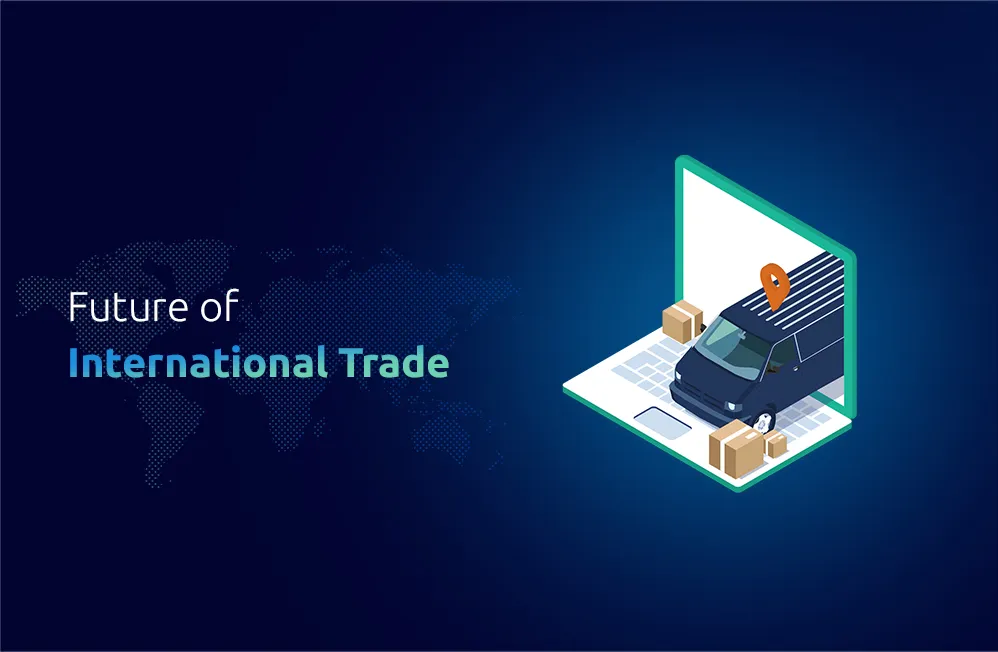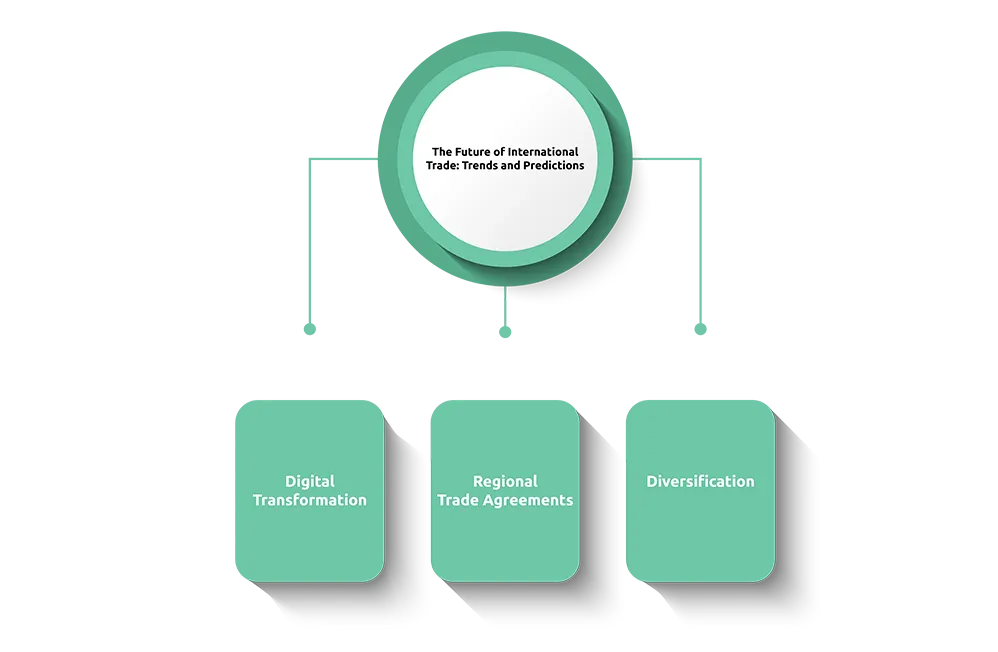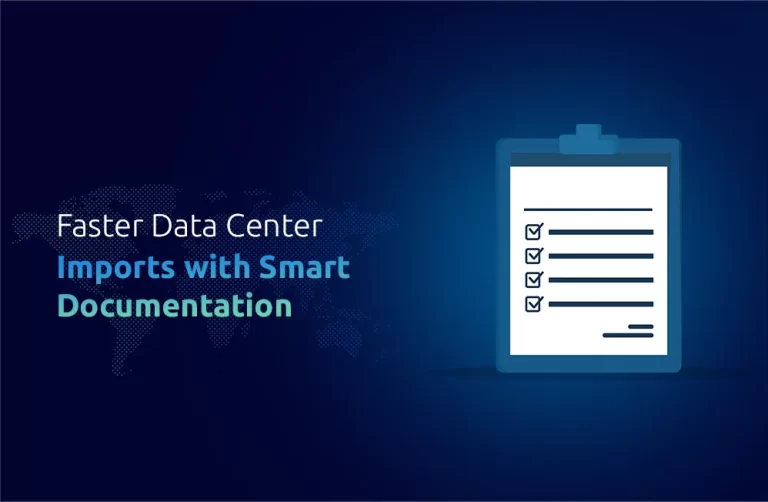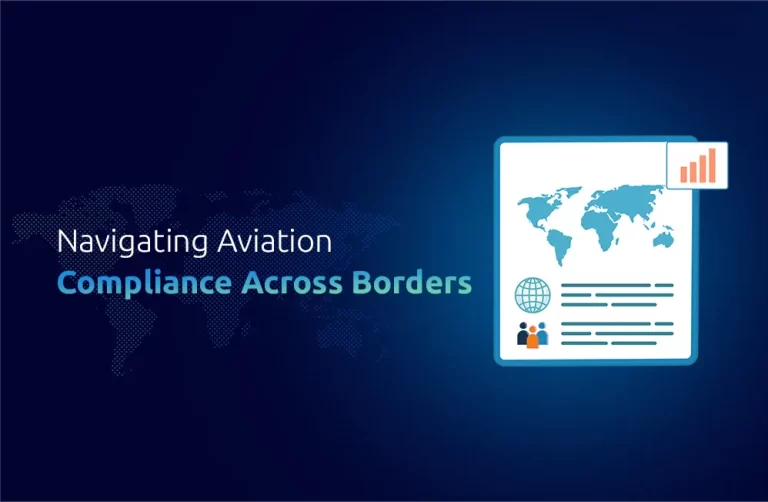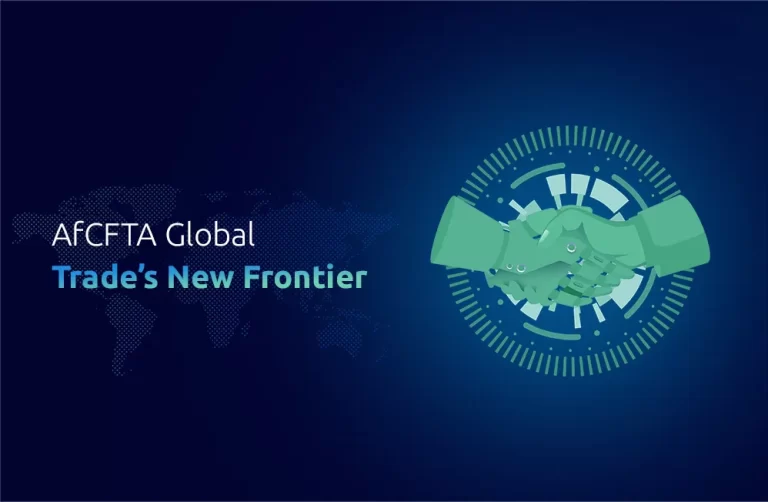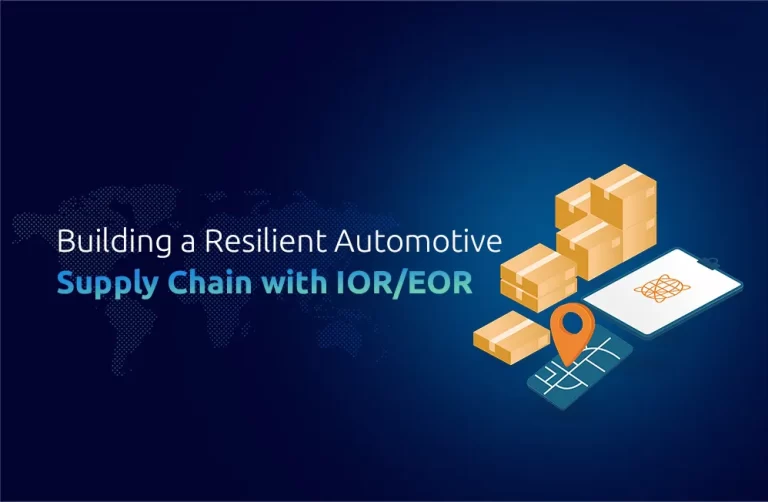Understanding International Trade Evolution
International trade has long been at the core of global economic expansion, providing goods, services, and visions across borders in exchange for revenue. Its history echoes society’s growth, which is driven by technological innovations, economic policies, and shifting geopolitical alliances. Today’s global commerce is at a key point, being shaped by technological innovations, pushing for sustainability goals, and shifting alliances. Understanding these trends and predictions is imperative for businesses looking to guide through this ever-evolving environment.
Technological Developments Drive Change in Global Trade
Technology continues to revolutionize how businesses approach international trade. Digital transformation has allowed companies to operate on a global scale with unparalleled efficiency & transparency, including through e-commerce platforms which facilitate buying/selling and accessing international markets at the click of a button. Furthermore, blockchain technology provides secure procedures for tracking goods, verifying authenticity, and managing trade documents securely – further revolutionizing business practices around international trade.
Artificial intelligence (AI) has revolutionized trade logistics, helping businesses optimize supply chain operations, predict demand and streamline customs procedures. Smart algorithms can examine and analyze extensive amounts of data to detect patterns, assess risks and make better decisions; AI-powered solutions enable efficient global operations in industries like IT equipment delivery or data centres where precision and timely deliveries are essential.
Innovations in IoT have significantly expanded asset tracking capabilities, providing real-time visibility into shipment conditions and guaranteeing goods reach their destinations in optimal state. Not only have these technological shifts revolutionized trade logistics, but they are also shifting customer expectations, prompting businesses to innovate continuously.
Sustainability and Ethical Practices in Trade are Now Standard
Sustainability has become a cornerstone of global trade as businesses and consumers acknowledge its environmental impacts. Ethical supply chains and green logistics have no longer become optional but required practices for companies seeking to meet global standards and client expectations.
Efforts to reduce the carbon footprint of shipping operations are rapidly transforming international trade practices as innovations such as energy-efficient transportation modes, carbon-neutral packaging, and digital documentation become widespread practices. Such measures ensure that international trade costs can be minimized while maintaining operational efficiencies. For businesses involved with critical sectors like IT equipment or data centres, adopting sustainable practices can boost their reputation while aligning themselves with global environmental goals.
Ethical supply chains emphasize transparency, fair labor practices, and responsible material sourcing. Businesses that prioritize these values will find greater success competing in an ever more conscientious global marketplace. By embedding sustainability into their operations, they can assure long-term success.
Geopolitical Factors | Impacting Future Trade Agreements
Geopolitical dynamics have always played an influential role in international trade agreements. Since Brexit, new trade policies have come into force to reshape relationships between Britain & its trading partners; similarly, US-China relations continue to exert a worldwide impact as tariffs & restrictions create ripple effects across industries.
Regional economic partnerships like RCEP are creating new avenues of engagement between Asia-Pacific nations, creating new channels of partnership to reduce tariffs, harmonize trade standards, and expand market access – giving businesses new paths of expansion.
Global negotiations are shifting toward digital trade, intellectual property rights, and sustainable development – meaning businesses must stay abreast of geopolitical developments to stay informed and competitive. Companies operating within key sectors need to pay special attention as any geopolitical shift may alter access markets or compliance duties that impede doing business.
Emerging Markets Play a Role in Shaping International Trade Dynamics
Emerging markets are quickly emerging as key players in global commerce, offering immense growth potential and diversification possibilities. Countries belonging to the BRICS (Brazil, Russia, India, China, and South Africa) framework are at the forefront of this shift, taking advantage of their expanding economies to influence trade dynamics.
Developing economies are making investments in infrastructure, technology and trade policies to lure foreign businesses. These markets provide access to vast consumer bases while serving as hubs for innovation and production. For instance, India’s emphasis on digital transformation and technology development has made it an integral partaker in the global IT ecosystem. In contrast, China’s investments in data centers and advanced manufacturing technologies demonstrate its global trade trends shaping potential markets.
Cities’ Contribution to Exporting: Global Hubs Driving Trade
Specific cities play an integral role in global trade, operating as hubs for exporting goods & services. Cities such as Singapore, Dubai & Shanghai are widely recognized for their strategic locations, advanced infrastructure, and business-friendly policies, which facilitate the smooth movement of goods across borders to global markets.
North American cities like Los Angeles & New York serve as important gateways for global trade, supported by world-class ports and logistics networks. Rotterdam and Hamburg in Europe serve as crucial trading hubs, while Hong Kong and Tokyo in Asia stand out as major export hubs that leverage both financial and logistical strengths. These cities not only contribute to the global economy, but they are also setting standards in trade efficiency and innovation.
Conclusion
As global trade is constantly shifting, businesses must remain elegant and responsive in order to remain competitive. Improvements in technology, sustainability, and geopolitics have greatly altered global commerce strategies over the years. It must continue to be implemented into trade practices if businesses wish to remain relevant in this rapidly evolving marketplace. Companies that adopt innovation while staying up-to-date on industry trends will position themselves well for long term success.
One Union Solutions provides invaluable assistance for those navigating global trade. Our mission is to facilitate smooth operations, compliance, and efficiency for companies looking to trade internationally in an ever-evolving environment. By tapping their expertise, businesses can confidently navigate this transformative era and secure a prosperous future.
Did You Know,
Each year, Singapore handles over 37 million containers – making it one of the busiest ports worldwide and an integral hub for IT and electronic goods.
FAQs
- How are technological advances revolutionizing international trade?
Ans: Technologies like blockchain, AI, and IoT are improving transparency while optimizing logistics management and strengthening supply chain management.
Q: To what extent does sustainability influence global trade practices?
Ans: Sustainability drives the implementation of green logistics, ethical supply chains, and carbon footprint reduction measures in trade.
- How are emerging markets used in international trade?
Ans: Emerging markets present opportunities for growth and innovation while diversifying trade dynamics to impact global commerce greatly.
- How has COVID-19 transformed global supply chains?
Ans: The pandemic has exposed supply chain vulnerabilities, prompting resilience strategies and hastening logistics innovations.
- Which cities serve as major centres for global trade?
Ans: Cities such as Singapore, Los Angeles, Rotterdam and Shanghai play an essential role because of their strategic locations and advanced infrastructure.

